
Alex Blutman is a student at Harvard Law School and a member of the Labor and Employment Lab.
In a first-of-its-kind case at this level, former Miami Dolphins head coach Brian Flores is suing the NFL, New York Giants, Denver Broncos, and the Dolphins alleging in a proposed class action that the league and its teams have engaged in a pattern of racially discriminatory hiring practices. The NFL has a history of a stark lack of racial diversity not only at the head coach level, but among assistant coaches and in team front offices. Among 32 teams, only five head coaches are non-white while nearly 70% of the league’s players identify that way. During the last five hiring cycles, there have been 34 head coach openings with four of those positions being filled by a Black candidate. In 2003, in order to promote more inclusive hiring, the NFL introduced the Rooney Rule, which (following recent modifications) now requires teams to interview at least two minority candidates from outside their organizations or from a league-approved list for any head coach opening. Flores’ suit argues that the Rooney Rule is failing, citing text messages he received from New England Patriots head coach Bill Belichick congratulating him on winning the New York Giants job—before he had even interviewed. Belichick’s texts, mistakenly sent to Flores, were instead meant for Brian Daboll. The incident represents one longstanding critique of the Rooney Rule, which is that it merely incentivizes teams to conduct “sham” interviews with minority candidates whom they have no intention to hire. Civil rights attorney Cyrus Mehri, one of the Rule’s original architects, argues that its lack of effectiveness owes to poor enforcement efforts. Doubtlessly, Flores is putting his own chances of landing another head coaching job at risk, but his larger goals, to shed further light on the disparity in hiring outcomes and to pressure the league to change its practices, are clear. Flores’ pursuit of a class action will face particular obstacles, as he must show potential class members are similarly situated despite the fact that they’re interviewing with different teams that are each separate employers. In a memo issued to teams four days after the initiation of Flores’ suit, NFL Commissioner Roger Goodell said, “We have made significant efforts to promote diversity and adopted numerous policies and programs which have produced positive change in many areas, however we must acknowledge that particularly with respect to head coaches the results have been unacceptable. We will reevaluate and examine all policies, guidelines and initiatives relating to diversity, equity and inclusions.” A league statement released in response to the suit had said Flores’ claims were “without merit.” During a press conference ahead of this past weekend’s Super Bowl, Goodell lamented the results of the NFL’s efforts to increase the diversity of head coaches and expressed that the league is still looking for answers.
Despite the recent progress made in negotiations between Major League Baseball and the MLB Players Association over a new collective bargaining agreement, the current lockout is likely to extend long enough to delay the start of spring training. The two sides remain apart on a number of issues, including the free agency and arbitration systems, the revenue sharing structure, and the level of the competitive balance tax (the threshold at which teams are subject to financial repercussions for payrolls that exceed that amount). Last week, the league contacted the Federal Mediation and Conciliation Service to request the assistance of a mediator to help resolve the dispute, but the union denied the request for third-party intervention, saying, “The clearest path to a fair and timely agreement is to get back to the table. Players stand ready to negotiate.” A few days later, U.S. Labor Secretary Marty Walsh contacted both Major League Baseball and the MLBPA to “encourage both sides to continue engagement” and offer his help in resolving the lockout by facilitating “productive conversations.” MLB Commissioner Rob Manfred spoke at the end of the quarterly owners meetings on February 10 during which he declined to officially postpone the beginning of spring training, but called the possibility of postponing regular season games due to the lockout “a disastrous outcome.” Meanwhile, in long-running litigation in which minor league players are alleging wage violations by MLB, the district court recently denied the league’s motion to decertify the class.
The National Women’s Soccer League and the NWSL Players Association recently agreed to their first-ever collective bargaining agreement. The contract concludes a series of negotiations that began in March 2021 and in which over 30 NWSL players participated. Notably, the CBA introduces player free agency that will begin in 2023 for players with six or more years of service time; raises the league minimum salary by 60% to $35,000 with 4% annual increases; and establishes up to six months of paid mental health leave and guaranteed eight weeks of leave for birth or adoption as well as access to nursing facilities. The agreement follows a tumultuous fall during which the NWSL was rocked by a player-led movement exposing a toxic workplace culture marked by harassment and abuse across various teams. In a letter released last week, some of the top players on the U.S. Women’s National Soccer Team accused the U.S. Soccer Federation, which founded the NWSL and managed the league up until last year, of failing to protect players from abusive coaches by inadequately investigating complaints and allowing coaches to maintain their licenses despite credible allegations against them. The USSF has launched its own independent investigation into the NWSL’s toxic culture led by former acting attorney general Sally Yates. Meanwhile, oral arguments in the appeal of the U.S. Women’s National Soccer Team’s equal pay lawsuit against the U.S. Soccer Federation will take place on March 7, and the EEOC has asked the Ninth Circuit to be allowed to address the court, saying, “This case raises the important question of how to analyze the rate of pay under the EPA when there are multiple forms of salary, as well as the proper analysis of a discriminatory pay claim.”
The Court of Appeals has granted the NCAA’s request to appeal the district court’s decision that college athletes could pursue their FLSA claims in Johnson v. NCAA despite the protestations made by the plaintiffs. The Third Circuit is now set to weigh in on whether the NCAA is a joint employer of student athletes under the FLSA, a question that the Seventh and Ninth Circuits, the NCAA argues, have answered in the negative. At the same time, the NLRB may have occasion to opine on whether student-athletes are employees after the National College Players Association, an advocacy group for college athletes, filed unfair labor practice charges against the NCAA, the PAC-12 Conference, the University of Southern California, and the University of California, Los Angeles, asking the NLRB to find that those entities illegally misclassified student-athletes and suppressed their right to speak out about compensation and working conditions. The charge represents the first opportunity for the NLRB to test the position that General Counsel Jennifer Abruzzo staked out in a September memo that “players at academic institutions” area employees under the NLRA.
After prevailing in litigation waged by players who claimed they were irresponsibly provided painkillers to remain on the field, the NFL is awarding $1 million in research funding to teams studying the effects of cannabinoids on pain management and neuroprotection from concussion. The initiative was facilitated by the league and Players Association Joint Pain Management Committee and comes in response to loud calls from teams, medical staffs, and players to explore this area.
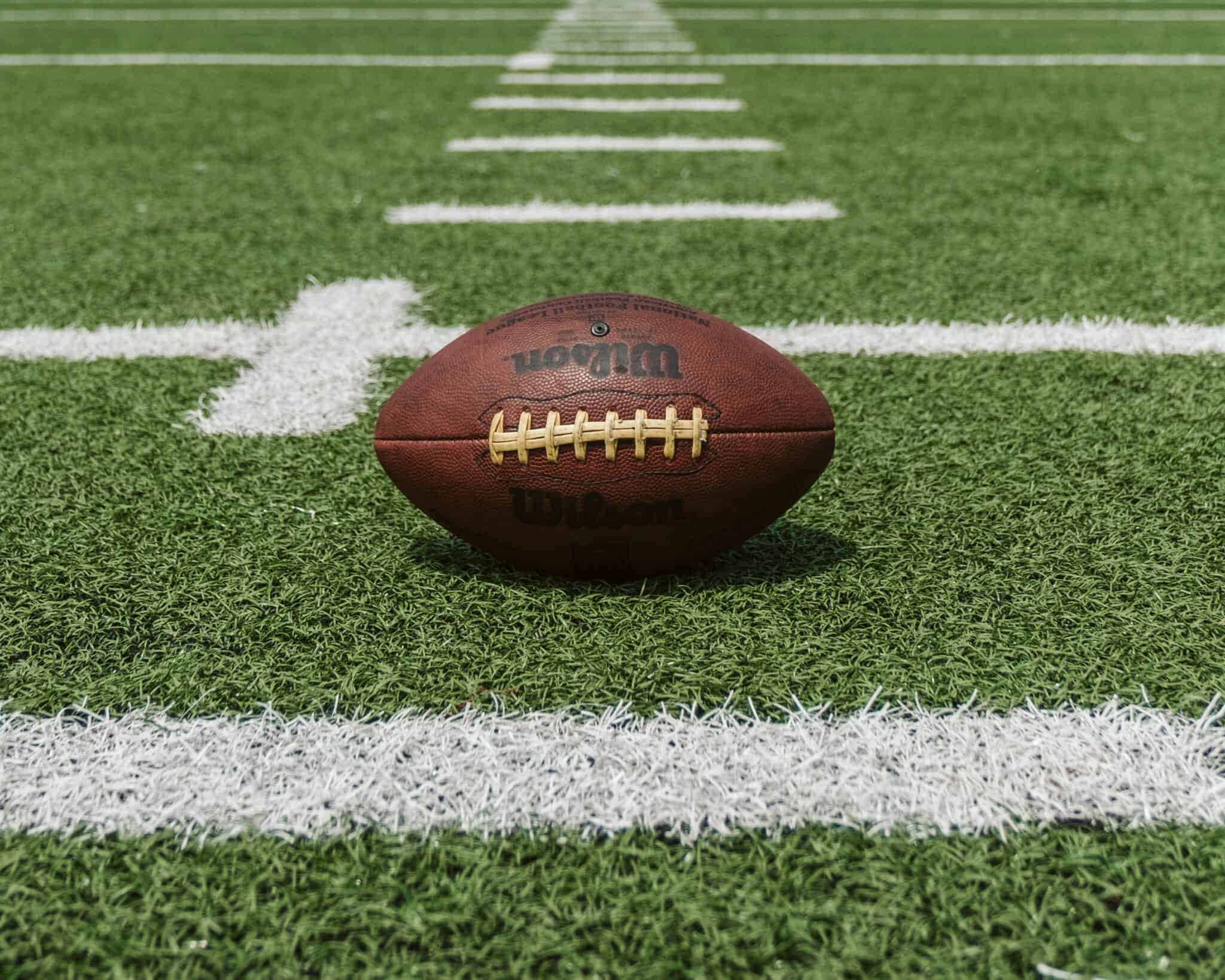
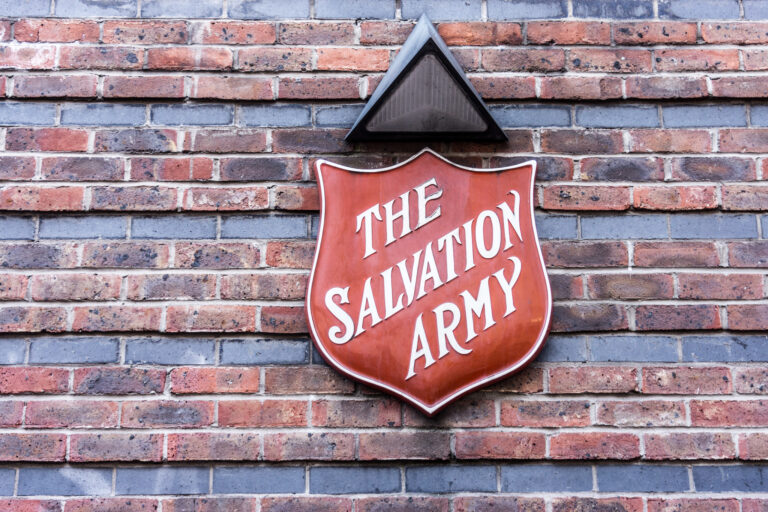
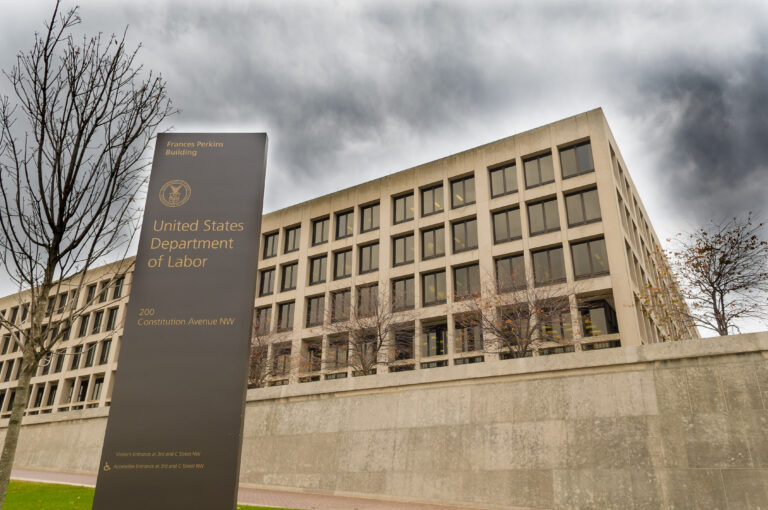
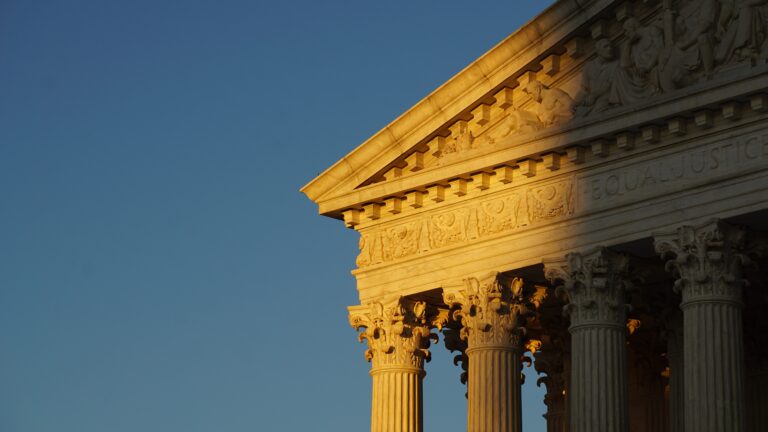
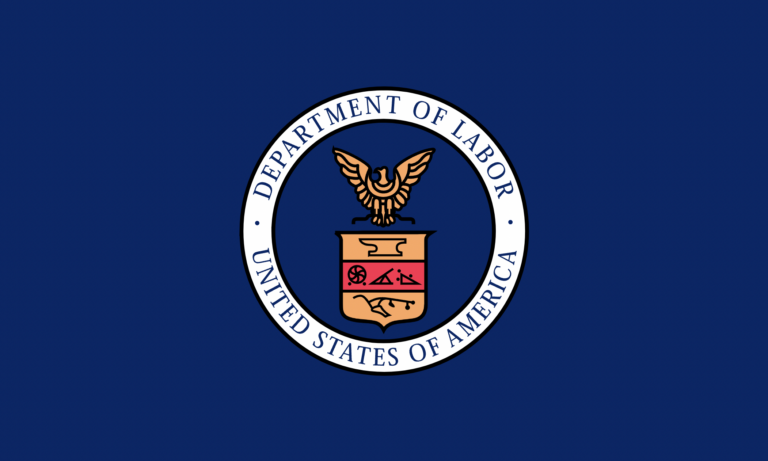





Daily News & Commentary
Start your day with our roundup of the latest labor developments. See all
March 3
In today’s news and commentary, Texas dismantles their contracting program for minorities, NextEra settles an ERISA lawsuit, and Chipotle beats an age discrimination suit. Texas Acting Comptroller Kelly Hancock is being sued in state court for allegedly unlawfully dismantling the Historically Underutilized Business (HUB) program, a 1990s initiative signed by former Governor George W. Bush […]
March 2
Block lays off over 4,000 workers; H-1B fee data is revealed.
March 1
The NLRB officially rescinds the Biden-era standard for determining joint-employer status; the DOL proposes a rule that would rescind the Biden-era standard for determining independent contractor status; and Walmart pays $100 million for deceiving delivery drivers regarding wages and tips.
February 27
The Ninth Circuit allows Trump to dismantle certain government unions based on national security concerns; and the DOL set to focus enforcement on firms with “outsized market power.”
February 26
Workplace AI regulations proposed in Michigan; en banc D.C. Circuit hears oral argument in CFPB case; white police officers sue Philadelphia over DEI policy.
February 25
OSHA workplace inspections significantly drop in 2025; the Court denies a petition for certiorari to review a Minnesota law banning mandatory anti-union meetings at work; and the Court declines two petitions to determine whether Air Force service members should receive backpay as a result of religious challenges to the now-revoked COVID-19 vaccine mandate.